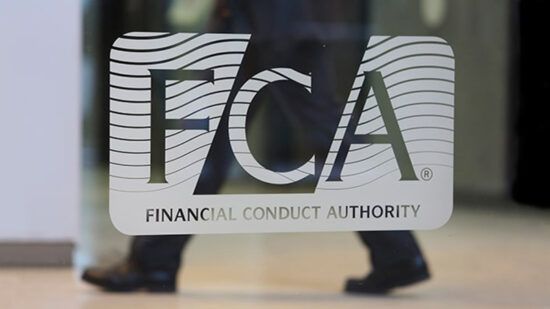The independent body advising the UK government on its green finance credentials has urged leaders to act now or lose out to the US and EU where governments have been “raising the stakes” in the race to net zero.
The Green Technical Advisory Group (GTAG), which was formed by the UK government in 2021 to help advise on the design and implementation of the UK green taxonomy, has said the UK needs to “significantly raise its own game” on net zero as the “race to attract global capital to support green industry and market development is well and truly on again”.
In a paper released today, Promoting the International Interoperability of a UK Green Taxonomy, Ingrid Holmes (pictured), chair at GTAG and executive director for Green Finance Institute, said: “With the US and EU – the two biggest markets that UK investors currently deploy capital into – raising the stakes with a massive green subsidy and pro-green business regulatory push, the UK will need to significantly raise its own game to attract capital seeking net zero opportunities and secure its role as the world’s leading net-zero financial centre.”
She flagged the US Inflation Reduction Act, which could cut US greenhouse gas emissions by 40% by 2030, and the EU’s Green Deal Industrial Plan to enhance the competitiveness of Europe’s net zero industry, as competitive factors the UK needs to consider when considering the timeline of its own policies. GTAG also noted with more than 30 green taxonomies in development globally, investors and corporates are calling for harmonisation of rules and therefore the UK has the opportunity “to be at the forefront of the global harmonisation project”, said Holmes.
In the report, GTAG outlined 10 recommendations to promote harmonisation of the UK’s taxonomy with others around the world without compromising on robustness or science.
A summary of the GTAG recommendations on working towards international interoperability is as follows:
1) Adopt the same broad concepts, methodologies and metrics as the EU taxonomy where possible and advocate that other non-taxonomy countries do the same.
2) Ensure UK taxonomy technical screening criteria are robust and science-based to show international leadership.
3) Conduct thrice-yearly reviews that assess the UK green taxonomy against the evolving international taxonomy landscape.
4) Streamline language and requirements where useful and appropriate to maximise interoperability with non-EU jurisdictions.
See also: – Common sustainability disclosures need a common taxonomy
5) To promote international comparison – if not interoperability – in the short-term, adopt green taxonomy-related rules that cover assets held in as many jurisdictions as possible, regardless of the existence of any local green taxonomy.
6) Develop and publish a list of equivalent units, where needed, to allow for differences in the measurement practices carried out in respective jurisdictions.
7) For non-OECD countries without a green taxonomy, develop general international base principles for reporting.
8) For the US and non-taxonomy OECD countries, produce guidance to encourage reporting on a voluntary basis against the UK green taxonomy, for UK-based corporates and financial institutions that are required to report against the UK green taxonomy under the Sustainability Disclosure Requirements.
9) Produce guidance on how (if at all) relevant key performance indicators are applied to activities abroad under the UK reporting regime.
10) Advocate for harmonisation across taxonomies by working with international fora such as the IPSF, ISSB, and foster/support international cooperation to develop a list of core economic activities that can be deemed equivalent to the UK green taxonomy.
Last year, the UK government admitted it would not fulfil its legal obligation to put the climate element of its green taxonomy into law by the end of 2022, and will need to take another year to decide the UK’s approach.








